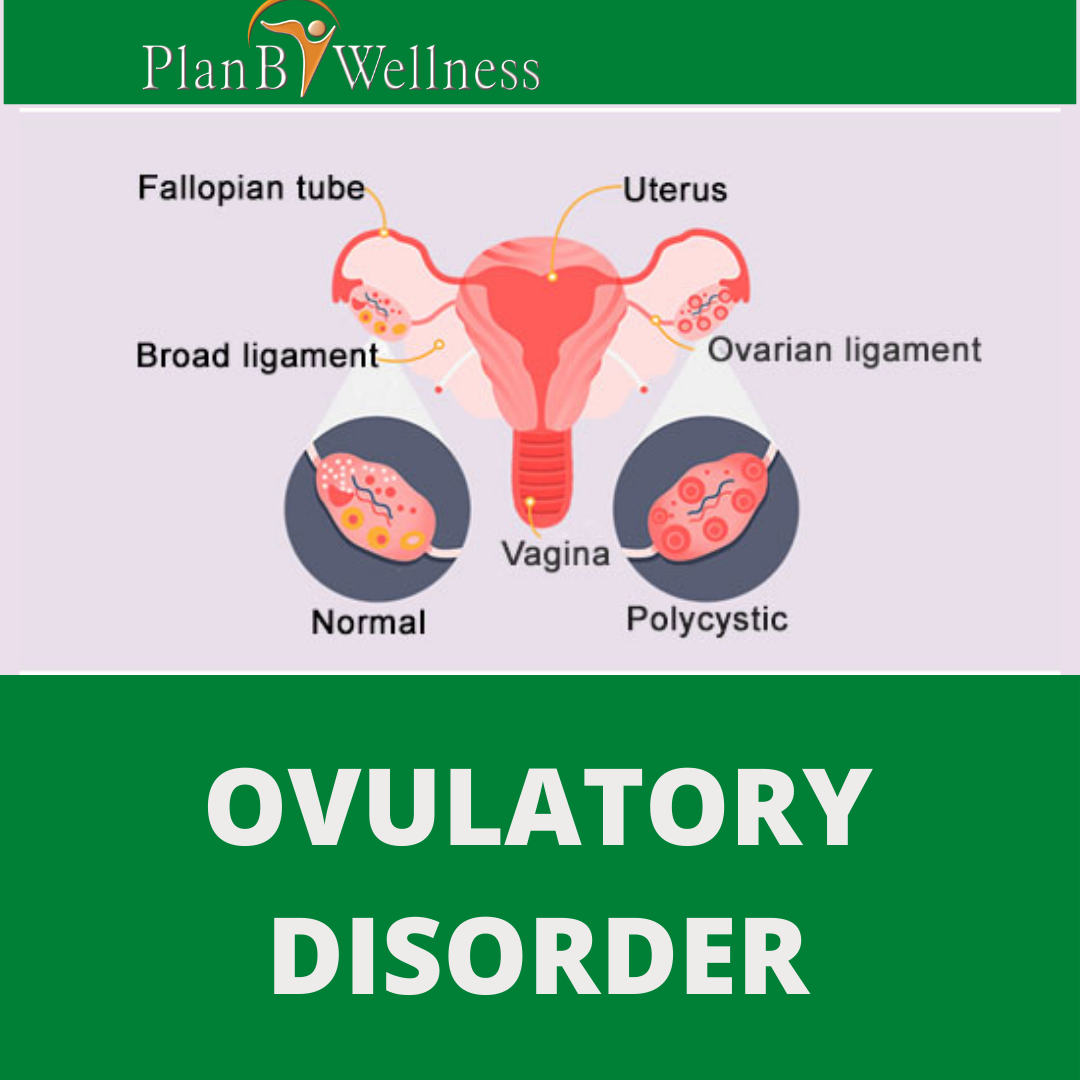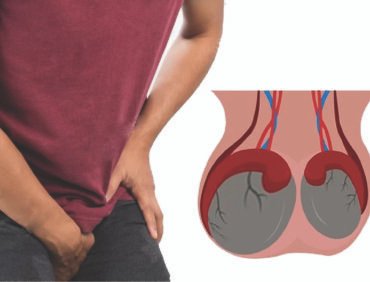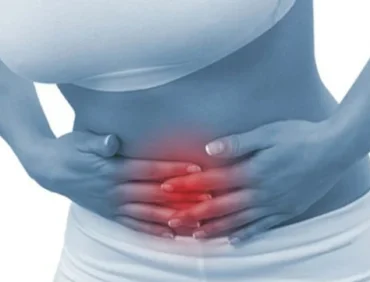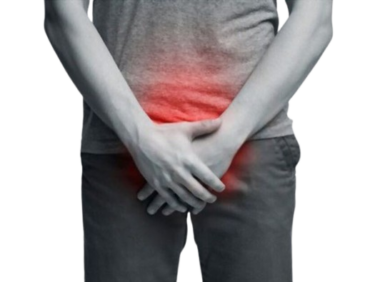Ovulatory disorders are among the most common causes of infertility in women caused by problems with the regulation of reproductive hormones. Almost 25% of couples who are infertile suffer from ovulation disorders.
The unfortunate part is that most women are not even aware that they are infertile or have an ovulatory disorder until they want to start a family. Anovulation, for instance, is something most women are not aware of and it can be a potential cause of infertility.
Read and learn more about ovulatory disorder, causes, symptoms, how it can be diagnose and treatment options and many more.
What are Ovulatory Disorders?
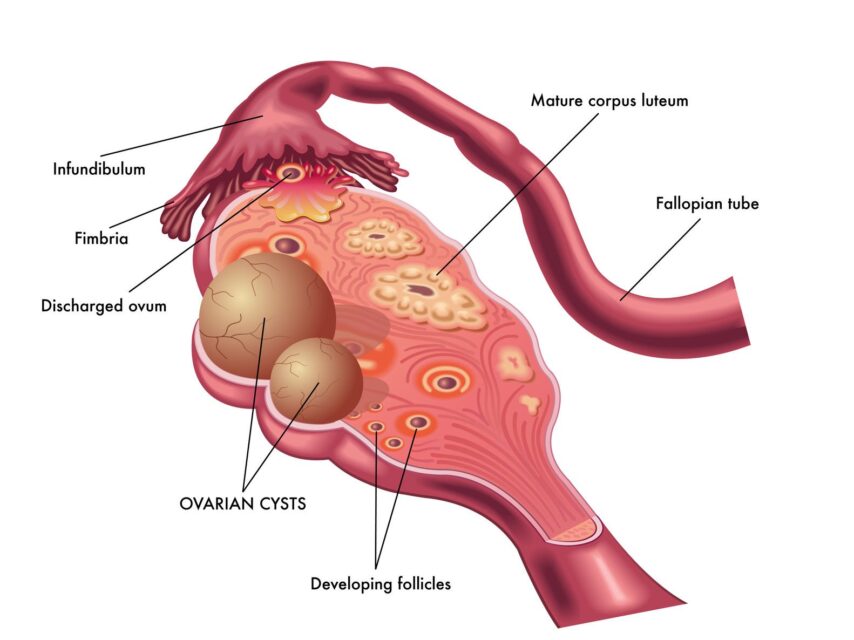
Ovulatory disorder is when the normal process of ovulation is disrupted causing irregular or absence of ovulation. This disorder are usually caused because of a problem with the reproductive hormones.
Similarly, if the pituitary gland is not regulating the hormones correctly, it can cause interference in the regular ovulation cycle.
Ovulation problems may take one of two basic forms:
Anovulation:
Anovulation refers to the complete absence of ovulation.
Oligo-ovulation:
Oligo-ovulation refers to irregular ovulation.
Above all, anovulation is one of the major emphasis in ovulatory disorders. Let’s get to know more about it.
What is Anovulation?
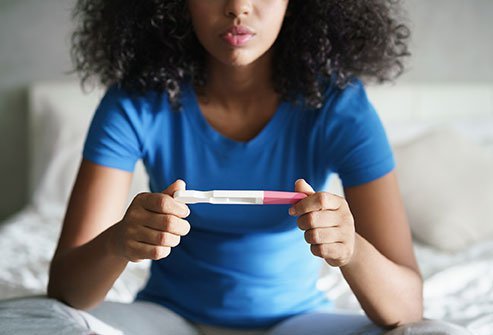
Anovulation means unsuccessful ovulation. It occurs when a woman’s ovaries do not release eggs during her menstrual cycle. Although, the eggs may not develop properly and may not get released by the ovaries.
However, anovulation can occur in pre-menopausal women due to the following; psychological stress, problems with the hypothalamus, eating disorders, and low BMI (body mass index).
Specifically, for ovulation to occur, the ovaries need to release an egg. This result in stimulation of the progesterone levels, which ultimately helps a woman maintain regularity in her periods.
On the other hand, when anovulation occurs, the reduced progesterone ends up in excessive bleeding and could be misinterpreted as a period. But it actually isn’t.
Causes of Ovulatory Disorders?

Ultimately, the key to treating ovulation disorders is to diagnose their underlying cause. There are several causes of Ovulatory disorders.
The most common cause of ovulatory disorder is polycystic ovarian syndrome (PCOS).

Polycystic ovary syndrome (PCOS)
This is a problem caused due to a hormonal imbalance in the body causing enlarged ovaries with small cysts on the outer edges.
Also, the condition described is when the ovaries produce an abnormal amount of androgens, male sex hormones that are usually present in women in small amounts.
The name polycystic ovarian syndrome describes the numerous small cysts (fluid-filled sacs) that form in the ovaries.
In addition, PCOS is linked to insulin resistance and also being overweight. Some women who suffer from PCOS usually suffer from an acute acne problem.
Other potential causes of irregular or absent ovulation can be biological as well as lifestyle influenced;
- Being underweight at a level that is too low
- Undertaking extensive and extreme amounts of exercise
- Suffering from a condition called hyperprolactinemia
- Suffering from possibly premature failure of the ovaries
- Reduced levels of ovarian reserves that could cause perimenopause
- An erratic function of the thyroid, leading to hyperthyroidism
- Suffering from a lot of stress and anxiety on a continued basis
What are the Symptoms of Ovulatory Disorders?

In order to check whether or not you are ovulating, first, you will have to start charting your menstrual cycles and your basal body temperature around the time of ovulation. This will help you keep a record of your ovulation cycles.
If there is no significant temperature drop in your basal body, then you may not be ovulating. You can learn about your ovulation better by using the ovulation test kits available in pharmacies.
Some of the signs of ovulation disorders are as follows:
- Irregularity in your menstrual cycle, which might even occur two times in a single month.
- The quantity of blood is comparatively lower than you see in your usual periods.
- No pain or cramping during menstruation.
Although with all these signs, they could also indicate temporary conditions caused by disturbed hormone levels.
Consequently, many women fail to understand these signs and tend to consider them as normal. It is only when they make an attempt to get pregnant, then they realize they were never ovulating in the first place.
How is Ovulatory Disorder Diagnosed?

The very step that a doctor takes in diagnosing ovulatory dysfunction is making a note of the frequency of menstrual cycles.
If those cycles are not regular or completely absent, they highly indicate an improper functioning of the ovulating processes.
To start, you might be asked to track your basal body temperature at home for a couple of months.
Below are various tests to detect for ovulatory disorder;
- Hormonal Profile: Blood samples might be taken to observe the levels of hormones. Doctors might conduct a progesterone blood test.
- Ultrasound scan: If your doctor suspects PCOS, anovulation could also be a result of that. An ultrasound is generally undertaken in such a case.
By observing for signs of a polycystic nature in the ovaries, your doctor might concur if the anovulation is a result of it.
Always seek for medical attention for proper diagnosis about your ovulatory disorders, this will certainly help in right treatment and total wellbeing.
How does Ovulatory Disorder Cause Infertility?

Ovulation cycle aids fertilization and in end resulting to pregnancy. So when ovulation disorder takes place, those chances drop further since the egg that requires being fertilized is absent.
However, with irregular ovulation, this becomes even difficult to manage since sometimes you may ovulate and sometimes you may not.
Furthermore, late ovulation results in the production of eggs that are not always conducive to be fertilized. This primarily occurs due to erratic hormone levels in your body.
That further results in absence of cervical mucus that is fertile enough, an improper texture of the endometrium layer which is responsible to hold the fertilized egg, reduced levels of progesterone leading to further complications, and so on.
How is Ovulatory Disorder Treated?
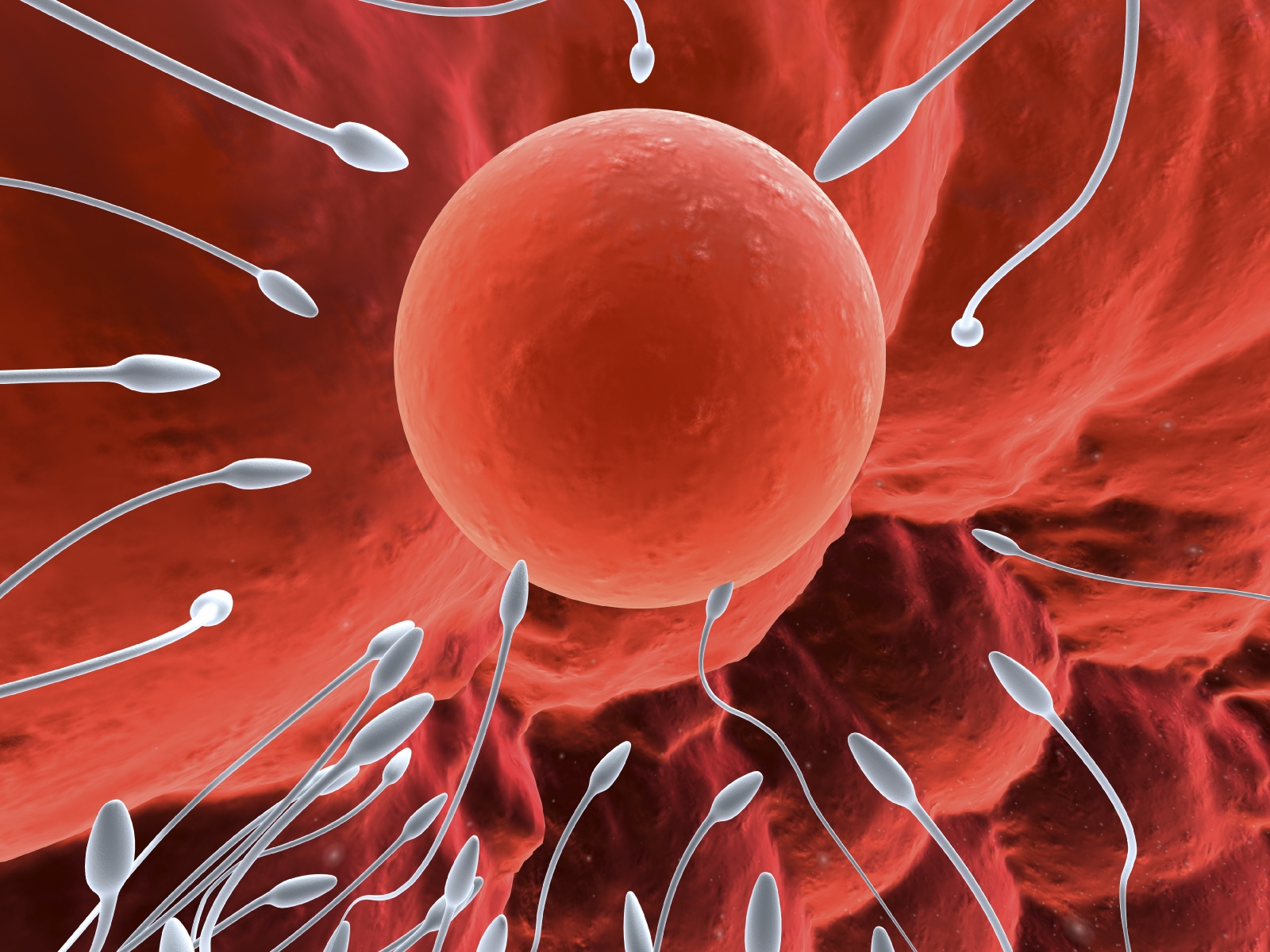
Treatment of ovulatory disorders depends on their root cause. A woman may have ovulatory disorder because of hormonal problem, lifestyle influence, thyroid dysfunction and so on.
As with any treatment methodology, the reasons behind the dysfunction will govern what steps will need to be taken.
- Regarding poor lifestyle; This could require a change in diet to ensure health stays optimal.
- For underweight women; Going for a proper diet plan that focuses on gaining good healthy weight is necessary.
- For overweight women; A few restrictions can help bring down the weight to a point where she may start ovulating again.
- For women extremely conscious about their health and body, bringing down the fitness regimen a notch could help trigger ovulation, too.
- If PCOS has been determined as the culprit, there is a natural remedy that will take care of it permanently with no side effects.
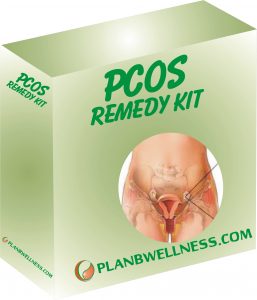
Click here to see reviews about our PCOS Remedy Kit and how to purchase it
- The reason for ovulation disorder could finally be a result of structural problems such as early failure of ovaries or a reduced number in them, too.
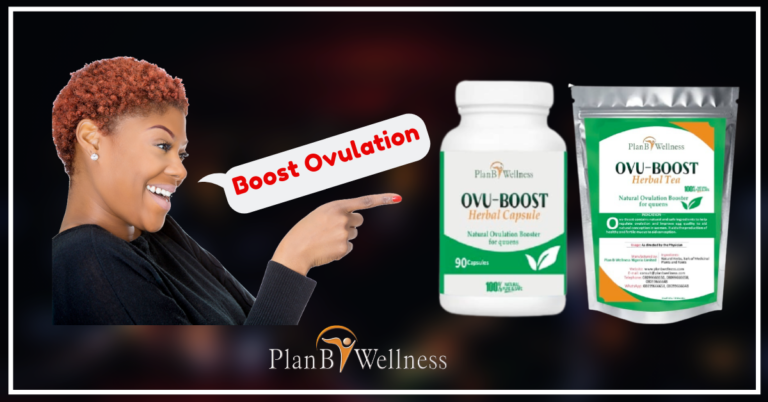
While attempting to get pregnant, chronic anovulation could be quite an obstacle preventing you from enjoying the joys of motherhood.
By making changes in your lifestyle and taking the necessary treatments, you can work your way out from ovulatory disorders and find yourself with the positive sign on the pregnancy stick within a year.
Was this information helpful? Share with others.
Stay healthy and never give up!
Plan B Wellness Nigeria Limited
Whatsapp, Call, SMS: +2348099666658, +2348099666648
Call and SMS only: +2348099666650
Email: consult@planbwellness.com
IG: @planbwellness
Twitter: @planbwellness

